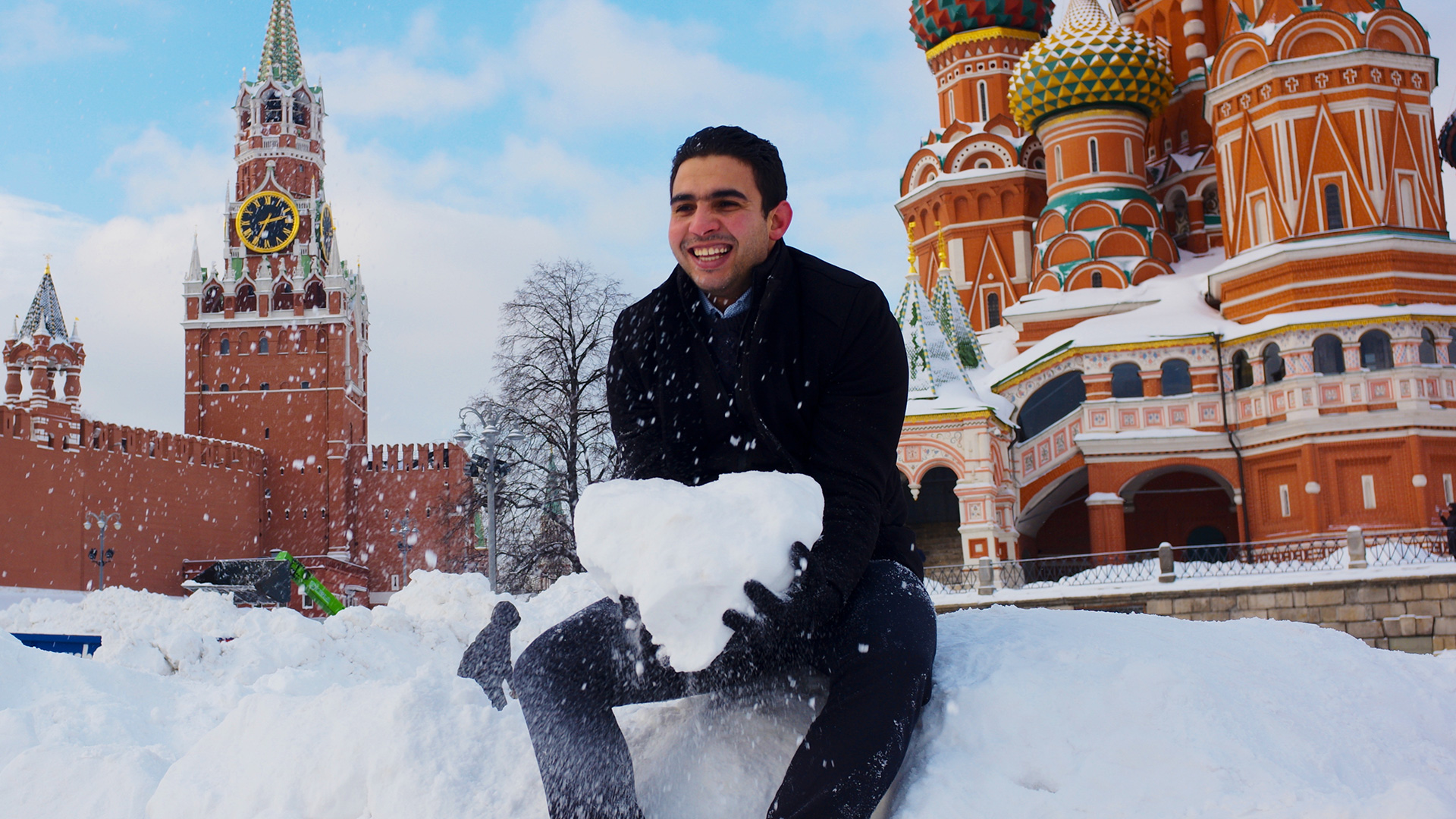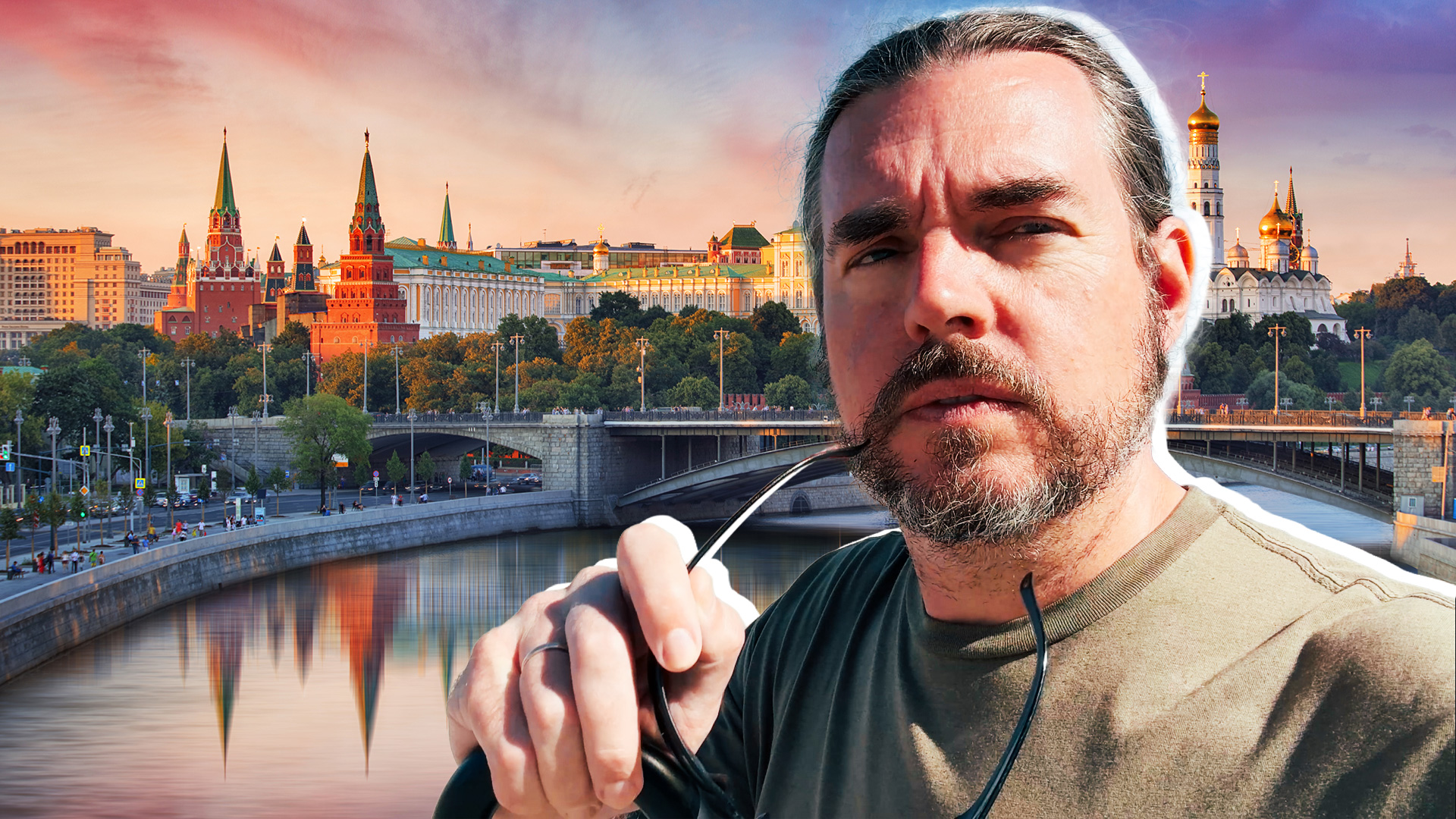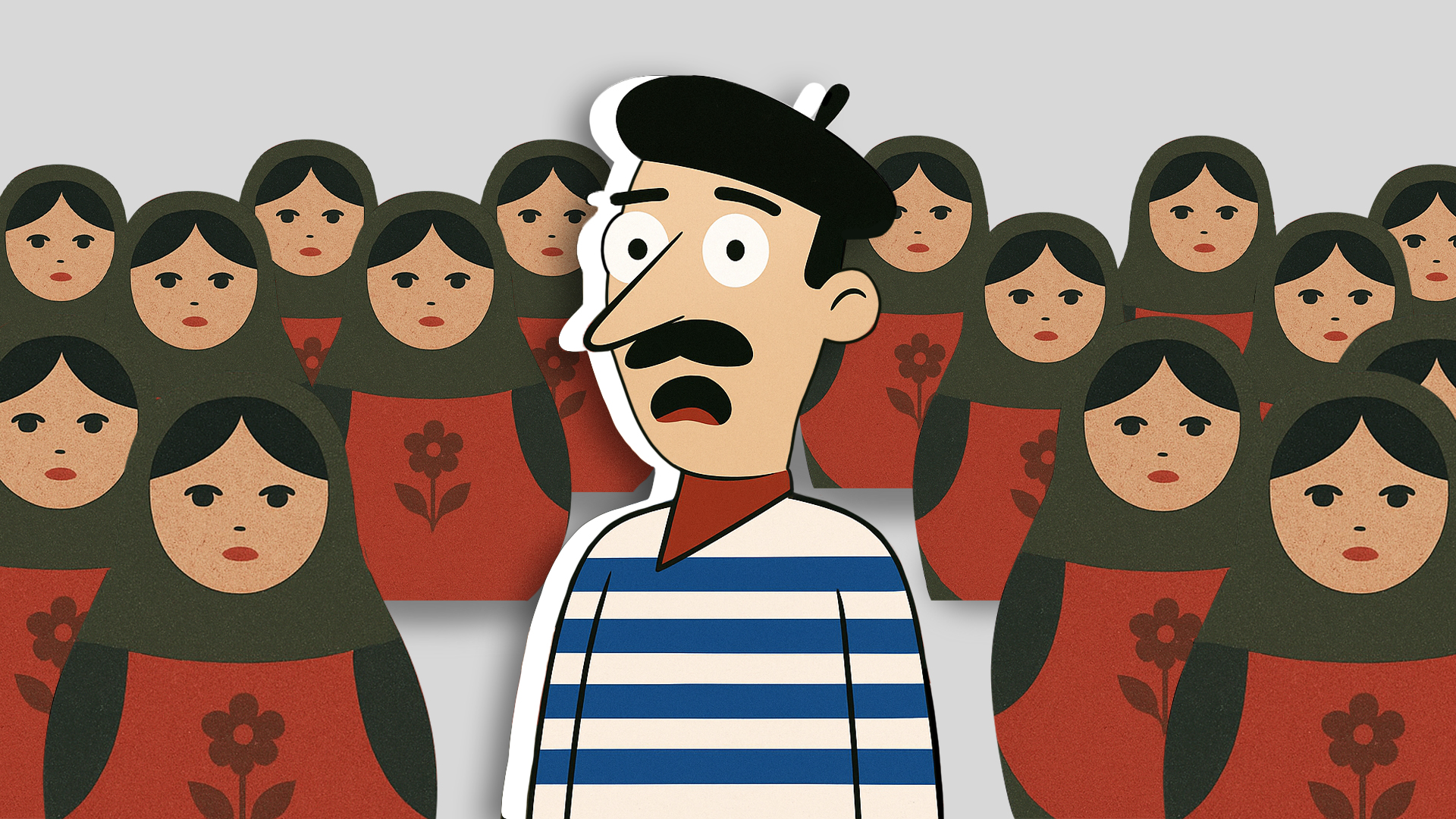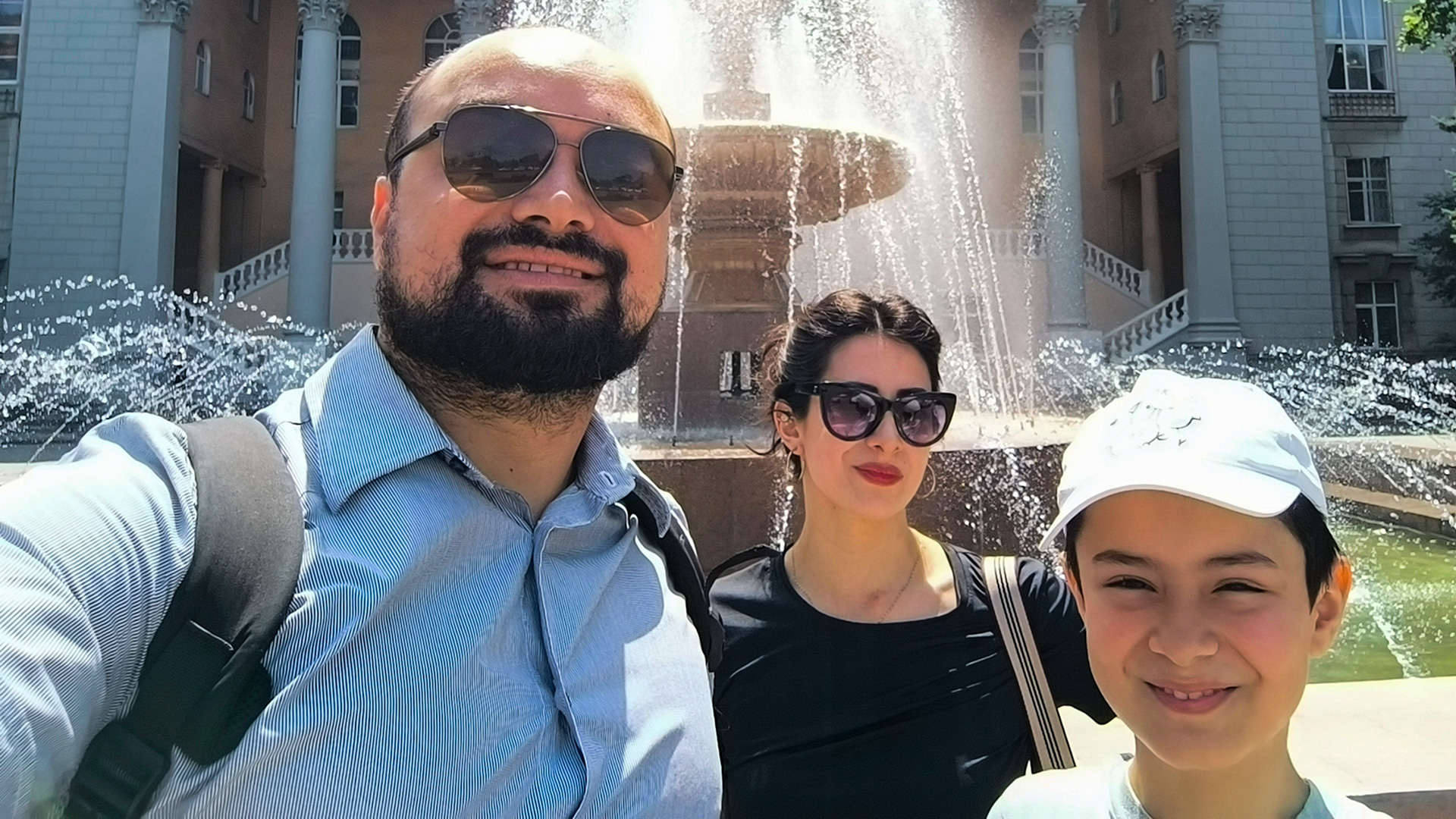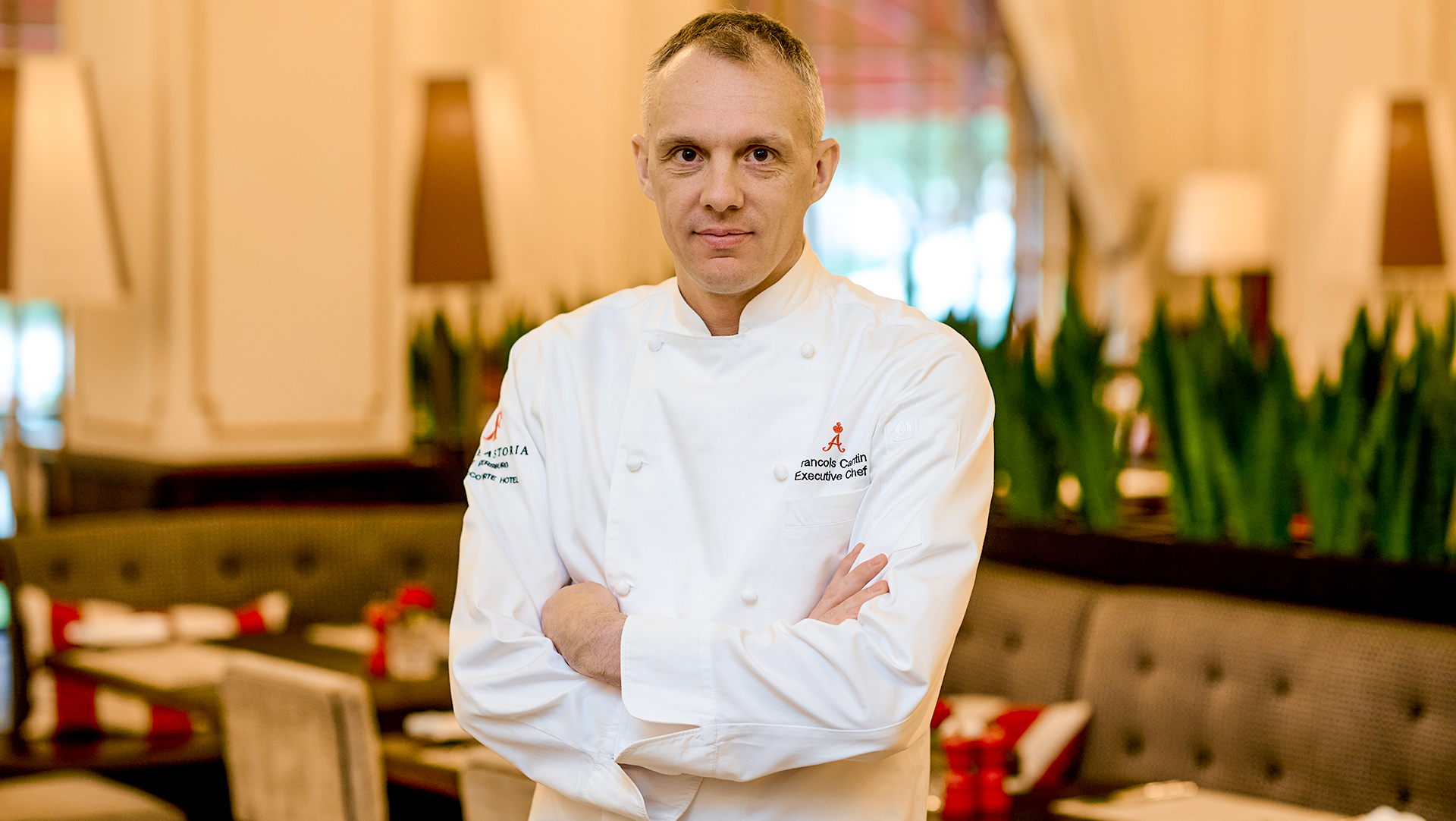
7 things foreigners living in Russia say about Russians

An African princess living in Sochi, a Syrian dentist from Saratov, a Spaniard protecting wolves in Kaluga, a German playwright from Yekaterinburg…
Svetlana Lomakina interviewed more than 50 foreigners living in Russia for her ‘From Russia With Love’ project in ‘The Nation’ magazine. And, although each of them has a unique story to tell, they are in unison with their assessment of certain Russian phenomena.
 Svetlana Lomakina (on the right) at the exhibition devoted to the ‘From Russia With Love’ project in ‘The Nation’ magazine
Svetlana Lomakina (on the right) at the exhibition devoted to the ‘From Russia With Love’ project in ‘The Nation’ magazine
We asked Svetlana to select seven of the most striking ones and this is what we got:
1. A dislike of herring
Herring is especially not tolerated by the Chinese, as it seems like raw fish to them. They generally take a long time getting used to Russian cuisine and prefer to cook with familiar products themselves.
 Chinese Neh Nah owns a tea house in Voronezh
Chinese Neh Nah owns a tea house in Voronezh
As a rule, most foreigners do not like 'herring under a fur coat'. The fish in this salad seems raw and out of place to them.
2. Cool digitalization
All those questioned note that electronic public services work very well in Russia. From enrolling your children in kindergarten or booking an appointment at the hospital – everything can be done online, there are no waiting lines.
 African princess Gouandegno Ngongwè Suzy Naomie used to live in Siberia, but recently moved to Sochi
African princess Gouandegno Ngongwè Suzy Naomie used to live in Siberia, but recently moved to Sochi
In other countries, all this is not yet developed to such a level. Americans are particularly pleased, as, in the U.S., bureaucracy usually takes up a great deal of time.
3. Swearing on the roads
 Frenchman Arnaud Fass
Frenchman Arnaud Fass
Foreigners note that Russians behave rudely on the roads. Frenchman Arnaud Fass, for example, learned a lot of new words while driving around Russia in a car and standing in traffic jams… mostly swear words.
4. Russian ingenuity
 Swiss beekeeper & Old Believer Benjamin Forster
Swiss beekeeper & Old Believer Benjamin Forster
Swiss beekeeper Benjamin Foster praises Russians for their ingenuity. He came to Russia in the 1990s, when a TV program called ‘Ochumelye ruki’ (literally 'Very skilled hands') was on air: in it, they made some interesting things out of everyday items, such as plastic bottles, pencils and tape. Basically, people competed in ingenuity.
In one of the Russian houses, Benjamin saw a big staple as a towel rack. He was amazed by this Russian approach to make something with your own hands instead of buying it.
Foreigners also admire the fact that Russians can do many things with their own hands. Benjamin admires the fact that almost all Russian men, especially in the regions, know how to fix cars, for example.
 Israeli Ilan Ostrobrod got keen on fishing
Israeli Ilan Ostrobrod got keen on fishing
Israeli Ilan Ostrobrod learned to chop firewood and was surprised at how difficult it is. And yet, all Russians know how to do it, as if it were written in their genetic code.
5. Traveling on a Russian night train as a small life
Foreigners who have traveled at least once in a ‘platzkart’ (couchette car) for long distances have usually lived a small life, as the whole of Russia is revealed at that moment.
 The Latin American ‘Mariachi Los Panchos’ cover band
The Latin American ‘Mariachi Los Panchos’ cover band
Musicians of the Latin American ‘Mariachi Los Panchos’ cover band from Rostov-on-Don often travel through the Russian south by train. One day, a conductor came up to them and told them that now all the passengers are staring at their phones, but, earlier, the fellow travelers used to chat, share food and raise their glasses together.
The Latin Americans asked the conductor: if they would drink, the conductor might be against it (officially, alcohol is forbidden on trains, except in the restaurant car). And he replied: “I'll pretend that I don't see it, just socialize.” And then, they took out all the food and drink they had, took out their guitars and organized a real concert in the car.
6. Magical thinking
Russians have such an untranslatable concept as ‘avos’. (We try to explain it here). According to expats, this way of thinking is close to magical thinking. Europeans don't have it, but Asians and Latin Americans do and that's what unites Russians with them.
7. Russians seem to be gloomy at first, but turn out very generous
 Englishman Craig Ashton is in love with St. Petersburg
Englishman Craig Ashton is in love with St. Petersburg
Absolutely all foreigners with whom Svetlana has had the opportunity to talk to agree on one thing: Russians don't smile and, at first, seem gloomy and depressed. But, once you get to know them better and become friends with them, they are ready to help you and even ‘give you their last shirt’, as the Russian proverb goes.
Read more stories of foreigners in Russian at the 'Nation' magazine.



